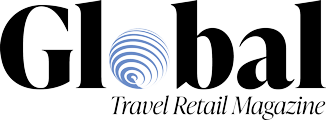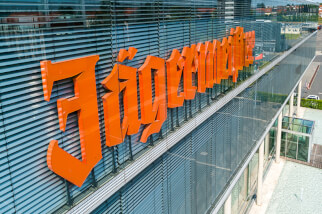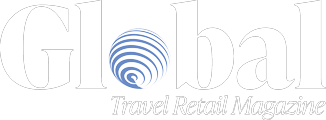IATA research shows passenger confidence boosting necessary
The International Air Transport Association (IATA) has put out a call for governments to help assuage the fears of potential travelers and boost confidence in air travel, in light of the expected slow recovery for the industry.
Passengers have a number of concerns when considering travel once the pandemic is contained, including worries about personal safety, concerns about being stranded should the virus start spreading again in addition to uncertain economics, fear of recession and possible job loss, or current job loss and uncertainty about future prospects.
This unease on the part of passengers translates into concerns on the part of the air travel industry.
Passenger trepidation
The IATA commissioned a survey of recent travelers and made these findings:
- 60% anticipate a return to travel within one to two months of containment of the COVID-19 pandemic but 40% indicate that they could wait six months or more
- 69% indicated that they could delay a return to travel until their personal financial situation stabilizes
The industry is looking to China and Australia for an indication of what to expect, both of which have managed to contain the virus.
- China: Domestic air travel began to revive when the rate of new infections reached single digits. Positive signs from mid-February into early March slowed, to plateau at just over 40% of pre-COVID-19 levels. Load factors on these flights were low, and demand is now expected to be weak. China accounts for 24% of all domestic travel.
- Australia: Even as the rate of new infections reached single digits, an event that triggered signs of recovery in China, domestic demand continued to drop and still shows no sign of recovery. Australia accounts for 3% of all domestic travelers.
Early indications disappointing
Domestic market behavior is considered a critical indicator, as the post-pandemic air travel recovery is expected to be led by domestic travel, followed by regional and then intercontinental as governments progressively remove restrictions.
These early indications from China and Australia show that confidence-boosting measures are essential to the industry’s recovery, and therefore the IATA is conducting regional summits with governments and industry partners to begin planning for an eventual re-start of the air transport industry.
“In some economies, the spread of COVID-19 has slowed to the point where governments are planning to lift the most severe elements of social distancing restrictions. But an immediate rebound from the catastrophic fall in passenger demand appears unlikely. People still want to travel. But they are telling us that they want clarity on the economic situation and will likely wait for at least a few months after any ‘all clear’ before returning to the skies. As countries lift restrictions, confidence boosting measures will be critical to re-start travel and stimulate economies,” said Alexandre de Juniac CEO of the IATA. “The passenger business came to a halt with unilateral government actions to stop the spread of the virus. The industry re-start, however, must be built with trust and collaboration. And it must be guided by the best science we have available. Time is of the essence. We must start building a framework for a global approach that will give people the confidence that they need to travel once again. And, of course, this will need to be shored-up by economic stimulus measures to combat the impact of a recession.”
Relief measures are essential
The anticipated slow recovery also adds urgency to the need for emergency financial relief measures. IATA has estimated that approximately 25 million jobs in aviation and tourism are at risk. Passenger revenues are expected to be $314 billion below 2019 (-55%) and airlines will burn through about $61 billion in liquidity in the second quarter alone as demand plummets by at least 80%.
Examples of relief measures from some governments over the last week include:
- Colombia added significant tax relief for airline tickets, jet fuel and tourism to their already comprehensive package of relief measures
- Hong Kong provided another HK$2 billion in relief, including purchasing 500,000 tickets in advance from Hong Kong based carriers to inject liquidity into the airlines.
- Senegal announced US$128 million in relief for the Tourism and Air Transport sector
- Seychelles has waived all landing and parking fees for April to December 2020.
- The 41 Eurocontrol states and their air navigation service providers (ANSPs) delayed EUR1.1 billion in air navigation service charges for February-May until November and through to 2021. Last week a further 13 states and ANSPs also delayed terminal charges, totaling over EUR190 million, for a similar period.
“This is an emergency. Airlines around the world are struggling to survive. Virgin Australia, which entered voluntary administration, demonstrates that this risk is not theoretical. Governments will need financially viable airlines to lead the economic recovery. Many of them won’t be around to do that if they have run out of cash. The number of governments recognizing that relief measures are needed is growing. But the crisis is also deepening. We thank the governments that have committed to provide the industry a lifeline and look forward to quick implementation. For the others, each day matters. Millions of jobs are at stake and relief cannot come fast enough,” said de Juniac.










